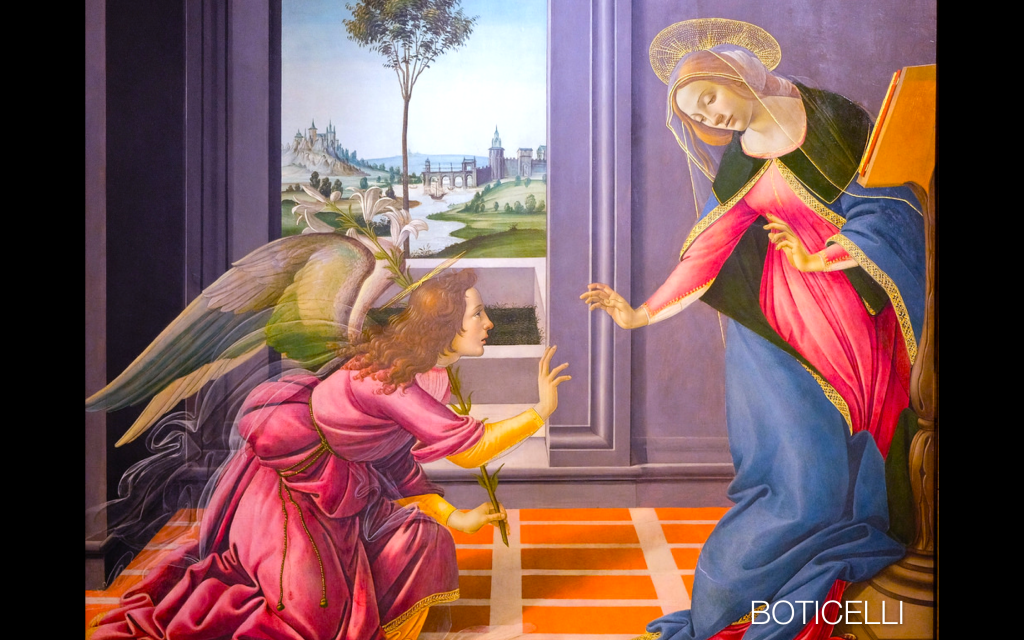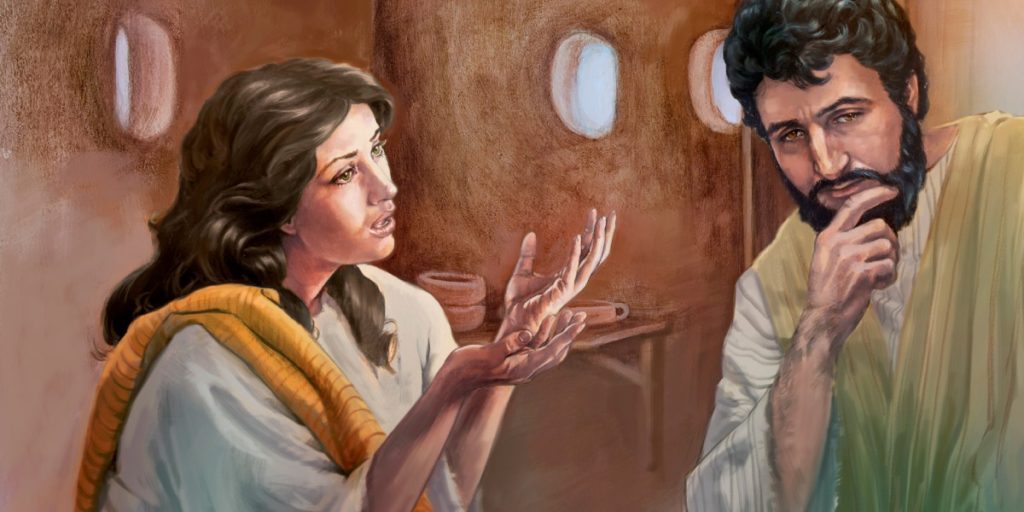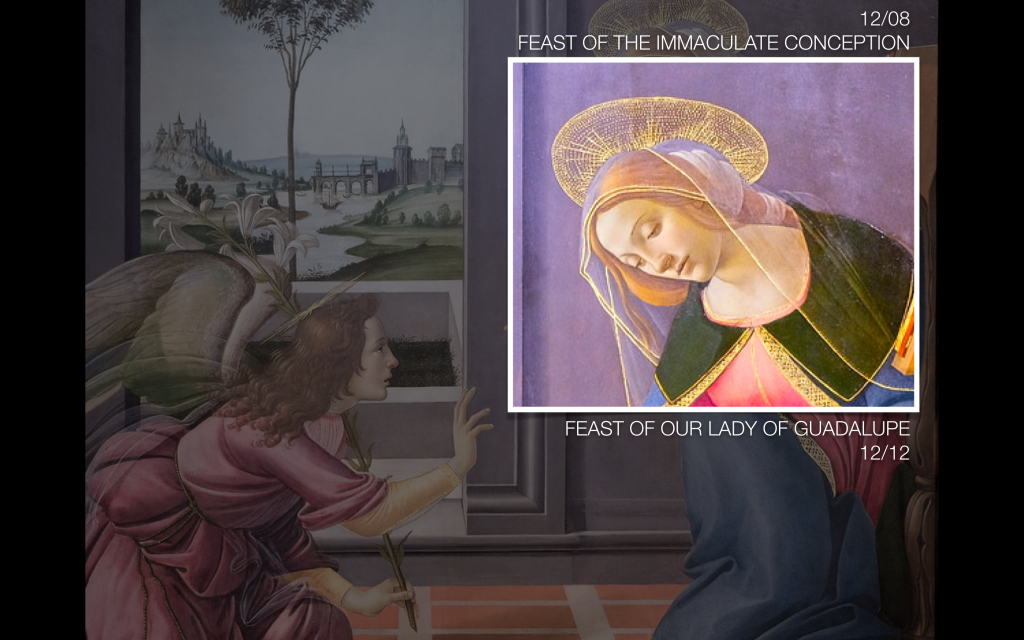Of course we have to mention Mary and her own encounter with the angel Gabriel, an encounter that was both intrusive and disruptive of her life.

We will not go through the narrative of the Annunciation. But there are three relevant points to consider in light of our reflections on the angels that appeared to Zechariah, Joseph, and the Wise Men:
- An impossible gift received: For a virgin, the gift of bearing “the Son of the Most High” is indeed an impossible gift. It is even more unlikely than Zechariah’s wife Elizabeth bearing a son in her old age. Yet Mary’s faith enabled her to accept such an impossible gift.

- A costly dream assumed: Like Joseph, Mary too had to let go of her own dreams, but this dream of God that she assumed was a very costly one: It certainly must have occurred to Mary that she would probably have to pay its price: the rejection by Joseph, the misunderstanding by her family and friends, the ridicule from her neighbors, and even the punishment of death by stoning. It was Mary’s love for God that empowered her to embrace such a costly dream.

- An uncertain and dangerous journey undertaken: Like the Wise Men, she too had to begin a brand new journey–and one fraught with uncertainties and risks. She consented to take the first step towards the salvation of humanity–even if the only sign given her (the pregnancy of her aging cousin Elizabeth) is implausible and even if she did not get the chance to check it out first before saying “Yes” to the angel. It was Mary’s hope that allowed her to give her unconditional consent even in the midst of uncertainty and danger.

As our Advent recollection comes to a close, let us turn to Mary, whose two feasts we just celebrated, and ask for her intercession so that like her, we may receive the faith, the love, and the hope to respond to whatever our angels ask of us this Advent.
Play this instrumental music as we pause here for a moment and say our silent personal prayer to our Blessed Mother.
Music: Joe Hisaishi’s “Ave Maria” (from Departures)